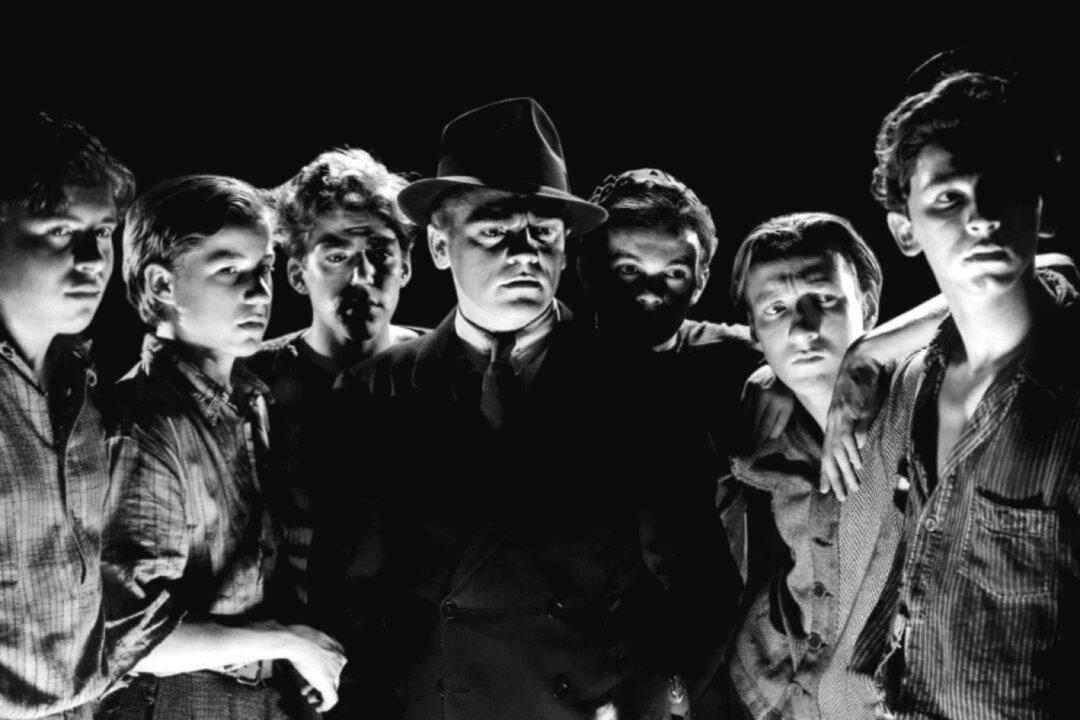NR | 1h 37min | Drama | 1938
Director Michael Curtiz’s film shows that it may be hard, but never impossible, to challenge a culture that idolizes lawless violence, greed, and selfishness.

NR | 1h 37min | Drama | 1938
Director Michael Curtiz’s film shows that it may be hard, but never impossible, to challenge a culture that idolizes lawless violence, greed, and selfishness.